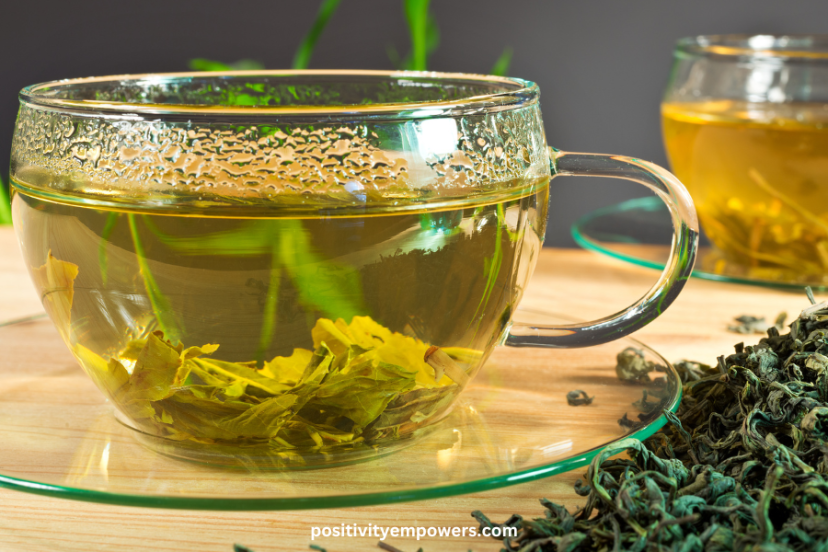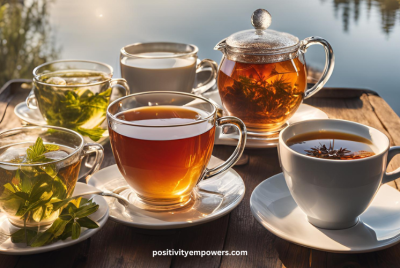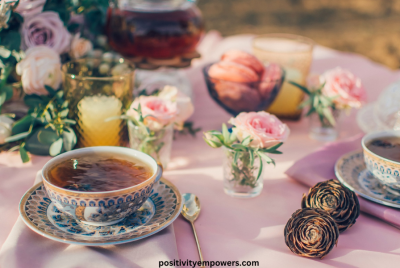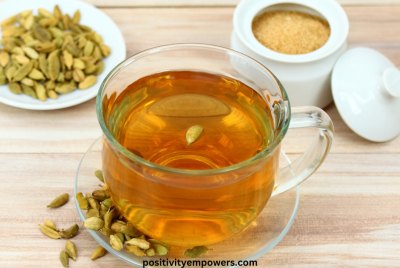Decaf Green Tea Buyers Guide – Everything You Need To Know
Decaf green tea is the perfect choice for tea lovers who want all the health benefits of green tea without the caffeine jitters. Packed with antioxidants and offering a smooth, soothing flavor, it’s a delightful brew you can enjoy any time of day. Let’s explore everything you need to know about decaf green tea, from its amazing benefits to how to select the perfect one for your needs.
What is Decaf Green Tea?
Decaf green tea is just like regular green tea but with most of its caffeine removed. It’s ideal for anyone who loves green tea’s taste and health benefits but prefers to skip the caffeine buzz.
How It Differs from Regular Green Tea
While both types of green tea come from the same plant, Camellia sinensis, decaf tea goes through a process to reduce its caffeine content. This makes it gentler on your system and perfect for late-night sipping or for those sensitive to caffeine.
How It’s Made
Decaffeination Methods
Decaffeinating green tea involves removing most of its naturally occurring caffeine while preserving its flavor and health benefits. The three primary methods used are:
- Solvent-Based Extraction: This involves soaking the tea leaves in a natural solvent like ethyl acetate or methylene chloride, which binds to the caffeine and removes it. The leaves are then rinsed to eliminate any residue.
- CO₂ Method: Supercritical carbon dioxide (a state where CO₂ behaves like a liquid and a gas) is used to extract caffeine from the tea leaves. This method is considered the most natural and best at preserving flavor and antioxidants.
- Water Processing: Tea leaves are soaked in hot water to dissolve caffeine. The caffeine is then filtered out, and the tea leaves are re-soaked in the caffeine-free liquid to retain their flavor.
Each method aims to maintain the tea’s taste and nutrients while reducing caffeine to trace levels.
Pros and Cons of Each Method
The CO2 process is often considered the best because it preserves the tea’s nutrients and flavor. However, it tends to be pricier. The water process is a good middle ground for budget-friendly options, while chemically processed teas are cheaper but less desirable for health-conscious buyers.
What Does Decaf Green Tea Taste Like?
Decaf green tea has a light, smooth, and subtly grassy flavor, similar to its caffeinated counterpart but often milder due to the decaffeination process. The taste can vary depending on the type of green tea used and the method of decaffeination.
You’ll typically notice a slight earthiness with sweet, nutty, or even floral undertones, depending on the specific variety. For example, sencha-based decaf teas may have a fresh, vegetal note, while matcha varieties offer a creamy richness. Unlike black tea or herbal teas with bold profiles, decaf green tea’s flavor is more delicate and less bitter, especially when brewed correctly.
The lack of caffeine also gives it a softer edge, making it less astringent and more enjoyable for those sensitive to the bitterness sometimes associated with traditional green tea. It’s the perfect balance of refreshment and subtle complexity—a soothing experience in every sip.
Types of Decaf Green Tea
Loose Leaf vs. Tea Bags
Loose leaf decaf tea provides a richer flavor and aroma, making it perfect for tea enthusiasts. Tea bags, on the other hand, are convenient for quick brewing and portability.
Organic Options
If you’re mindful of chemicals or additives, opt for organic. Look for certifications to ensure it’s free from pesticides and synthetic ingredients.
Flavored
From mint to jasmine, decaf green tea comes in various flavors to suit different palates. These options are great for those who want a twist on the traditional taste.
7 Flavored Decaf Green Teas to Try
Although, there are a multitude of blends, these are my top pics for flavor.
- Green Tea with Lemon
A zesty twist on the classic, this blend adds a refreshing citrus note that pairs perfectly with the smoothness of green tea. - Jasmine Green Tea
Infused with the delicate aroma of jasmine flowers, this tea offers a floral and calming experience. - Mint Green Tea
The crisp, cooling taste of mint enhances the natural flavor of green tea, making it a perfect pick-me-up. - Ginger Green Tea
Warm and slightly spicy, this blend combines the soothing properties of green tea with the invigorating kick of ginger. - Matcha Green Tea
For a richer, creamier option, try decaf matcha—a finely ground green tea powder packed with flavor and nutrients. - Green Tea with Berry Blend
A medley of berries like raspberry, blueberry, and strawberry adds a sweet and tangy flavor to decaf green tea. - Vanilla Green Tea
A touch of vanilla creates a smooth, dessert-like tea that’s perfect for winding down in the evening.
Decaf Green Tea Benefits
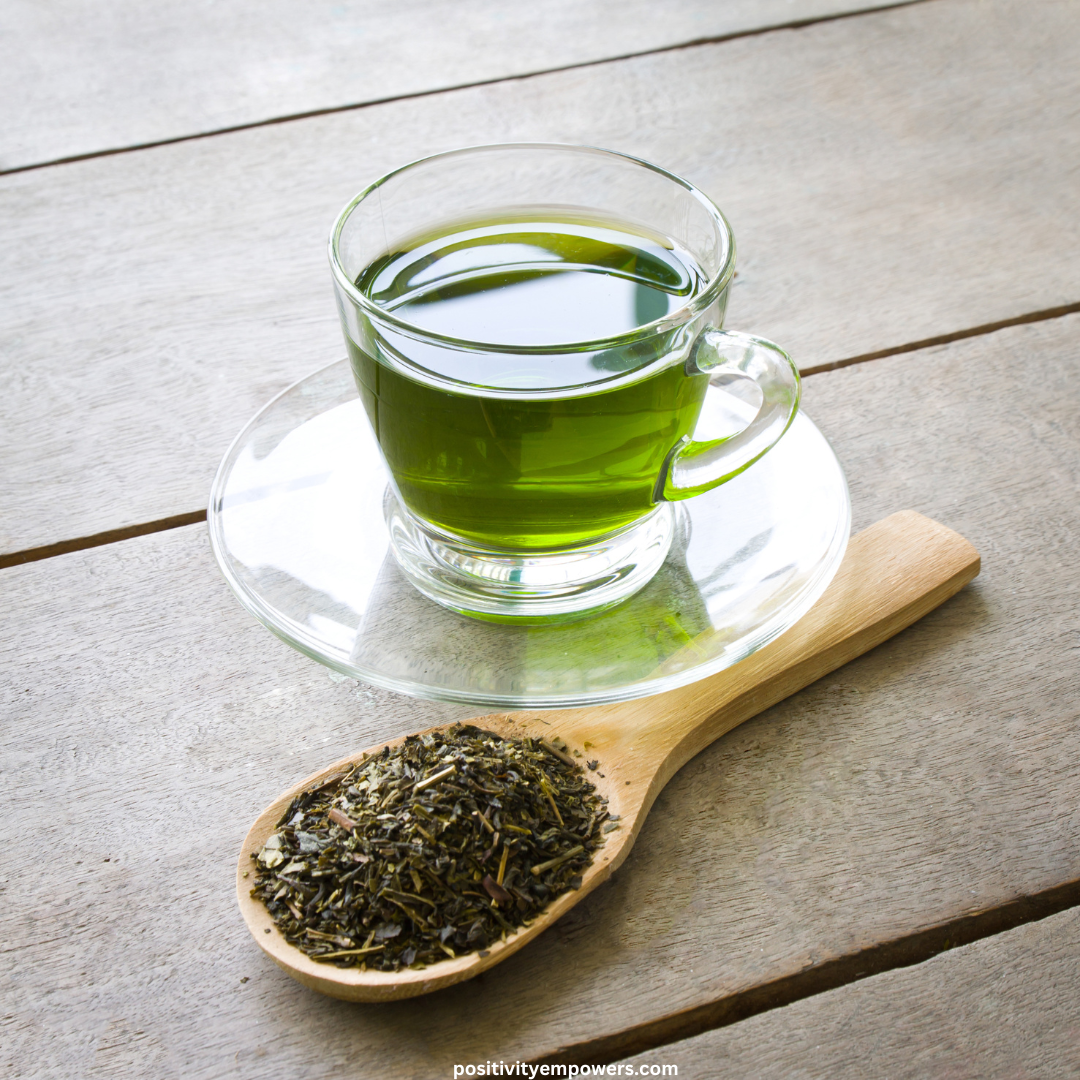
Antioxidant Properties
Decaf green tea retains its powerful antioxidant content, particularly catechins, even after the decaffeination process. These antioxidants are the body’s defense against harmful free radicals, which can cause oxidative stress and lead to chronic conditions like heart disease, diabetes, and neurodegenerative disorders. Drinking it regularly may promote cardiovascular health by improving blood circulation and reducing cholesterol levels. Additionally, these antioxidants are known for their skin-protective properties, helping to reduce signs of aging such as wrinkles and fine lines by neutralizing environmental damage.
Digestive Support
Decaf green tea is a gentle yet effective way to support your digestive health. Its natural compounds can help soothe the stomach, making it an excellent choice after meals. The tea works by aiding the breakdown of food and enhancing the body’s metabolic processes, which can help prevent bloating and promote smoother digestion. For those dealing with mild digestive discomfort, sipping on a warm cup can provide a soothing and refreshing experience without adding caffeine to your system.
Stress Relief and Relaxation
One of the standout benefits of decaf green tea is its ability to promote relaxation without the jittery side effects of caffeine. Rich in L-theanine, an amino acid known for its calming properties, it helps reduce stress and improve focus by balancing neurotransmitters in the brain. This makes it an ideal beverage for unwinding after a hectic day or as part of a bedtime ritual. Pair its soothing effect with its subtle flavor, and you have a comforting drink that supports mental well-being while giving your body a chance to recharge.
Weight Management
Decaf green tea is an excellent addition to your weight management routine. While it lacks caffeine, it still contains epigallocatechin gallate (EGCG), a potent antioxidant that supports fat oxidation and boosts metabolism. Consuming it regularly can aid in breaking down stored fat and increasing calorie burn, particularly when paired with a balanced diet and exercise. The absence of caffeine makes it an ideal choice for those who want these benefits without the stimulant effects, allowing you to enjoy it anytime without disrupting your sleep or causing jitters.
Immune System Boost
Decaf green tea is rich in polyphenols and other plant compounds that support a robust immune system. These compounds, including catechins and flavonoids, have antiviral and antibacterial properties, helping your body fend off pathogens that cause colds, flu, and other infections. Additionally, its vitamin C and zinc content can enhance your body’s natural defenses, making it an excellent daily beverage for maintaining health during cold and flu season or periods of high stress when immunity tends to dip.
Blood Sugar Regulation
The catechins in decaf green tea play a role in regulating blood sugar levels, making it particularly beneficial for those managing diabetes or prediabetes. These compounds can improve insulin sensitivity, allowing your body to use glucose more effectively and preventing blood sugar spikes after meals. Drinking it regularly may help reduce fasting blood sugar levels and contribute to long-term glycemic control. This benefit is especially valuable as part of a balanced diet aimed at maintaining steady energy levels throughout the day.
Improved Oral Health
Decaf green tea contains natural antibacterial properties that promote oral health. The catechins in the tea combat bacteria in the mouth, reducing the risk of cavities, gum disease, and bad breath. Fluoride naturally present in it also strengthens tooth enamel, offering an extra layer of protection against decay. With no caffeine, decaf green tea can be enjoyed as a soothing beverage after meals to freshen your breath and protect your smile.
Skin Health and Radiance
The antioxidants it contains, particularly EGCG, combat oxidative stress that can lead to dull skin, wrinkles, and other signs of aging. By neutralizing free radicals, it promotes skin elasticity and hydration, giving you a natural glow. It may also help reduce inflammation and redness associated with skin conditions like acne or rosacea. Drinking decaf green tea regularly, or even using it as a topical treatment, can leave your skin looking fresh and rejuvenated.
Bone Health
Is rich array of antioxidants, including flavonoids, supports bone health by reducing inflammation and oxidative stress, which are contributors to bone density loss. Studies suggest that consuming it regularly may improve bone mineral density, lowering the risk of osteoporosis and fractures, particularly in older adults. Without the caffeine, it offers these benefits without affecting calcium absorption, making it an ideal choice for bone health over the long term.
Decaf green tea is much more than a caffeine-free alternative, it’s a holistic beverage with a host of health benefits that enhance your physical, mental, and even aesthetic well-being.
Where Does it Come From?
The best green teas are grown in regions like China, Japan, and India, where the climate and soil create high-quality leaves. Japanese decaf green teas often have a sweeter, umami flavor, while Chinese varieties are more earthy and robust.
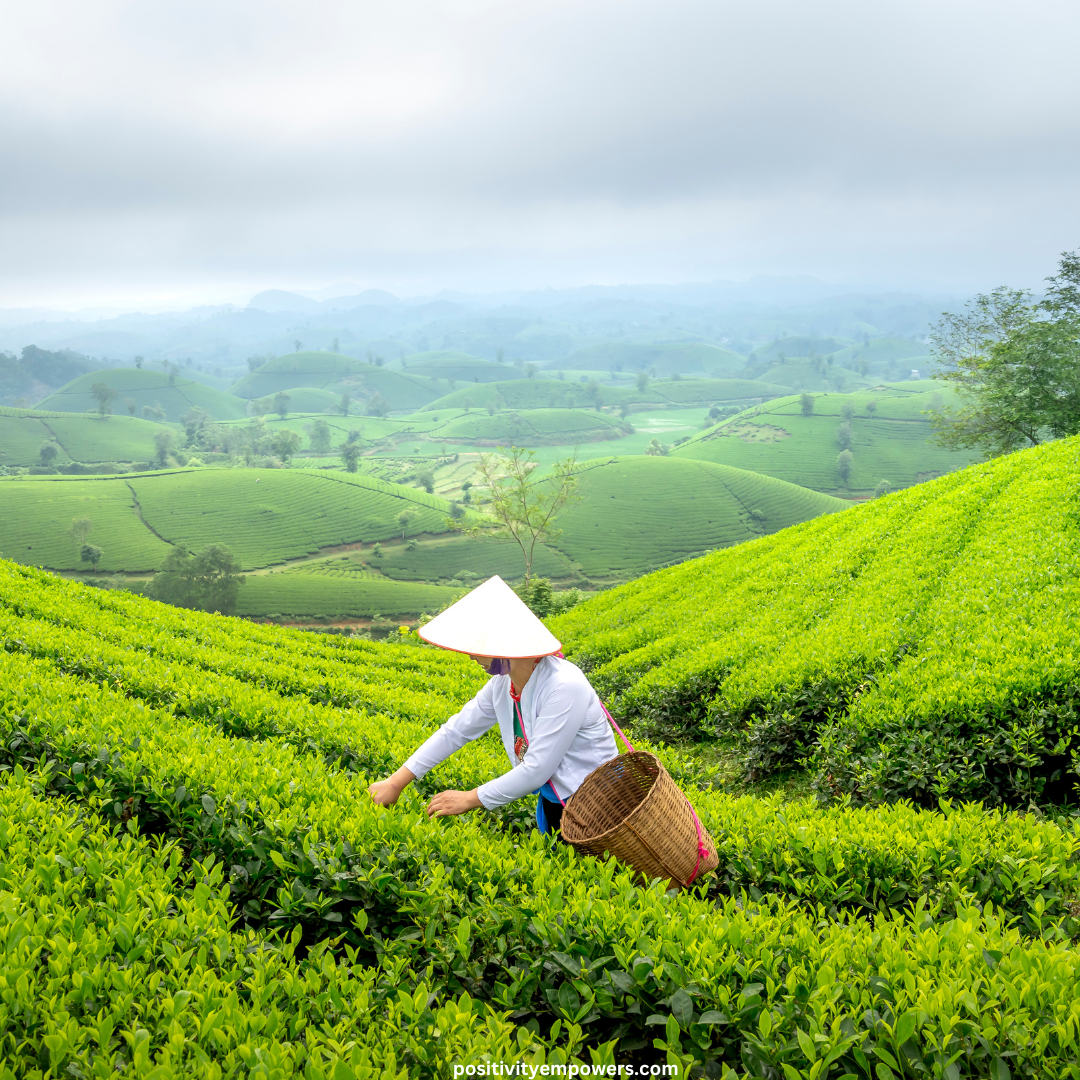
Price Ranges
Factors Influencing Cost: The price of decaf green tea depends on factors like the decaffeination process, whether it’s organic, and the packaging (loose leaf vs. bags).
Budget-Friendly vs. Premium Choices: Expect to pay around $5-$10 for budget-friendly options and $20 or more for premium organic teas or those using the CO2 process.
Decaf Green Tea vs. Regular Green Tea: Comparing Nutritional Profiles
Decaf green tea and regular green tea share many health benefits, but the decaffeination process introduces subtle differences in their nutritional profiles. Here’s a deeper look:
Antioxidant Levels
Both decaf and regular green tea are rich in antioxidants like catechins, which help fight free radicals and reduce oxidative stress. However, during the decaffeination process, a small percentage of these antioxidants can be lost. This means that while decaf green tea still provides a substantial antioxidant boost, it may contain slightly fewer catechins compared to its caffeinated counterpart.
Mineral Content
The levels of minerals like potassium, magnesium, and fluoride remain relatively unchanged between. Both varieties are excellent for maintaining healthy bones, teeth, and overall hydration.
Caffeine Content
The most obvious difference is, of course, the caffeine. Regular green tea typically contains 20-50 milligrams of caffeine per cup, while decaf green tea has only trace amounts—usually less than 5 milligrams. This makes decaf an excellent option for those sensitive to caffeine or looking to avoid it, especially in the evening.
Caloric Value
Both types are naturally low in calories, making them a guilt-free beverage choice. There’s no significant difference in their caloric profiles, ensuring you can enjoy either without worrying about your calorie intake.
Flavor and Aroma
While the decaffeination process can slightly alter the flavor, decaf green tea retains much of the delicate, grassy taste of regular green tea. Some enthusiasts describe decaf as having a milder profile, which can be an advantage if you prefer a subtler brew.
Choosing Between Decaf and Regular
- Opt for Regular Green Tea: If you’re seeking the maximum antioxidant content and don’t mind the caffeine, regular green tea is the way to go.
- Choose Decaf Green Tea: If you’re sensitive to caffeine, enjoy tea in the evening, or want a gentler flavor, decaf is a fantastic choice that still delivers significant health benefits.
Whether you go for decaf or regular, both green teas offer a wealth of benefits, so it ultimately comes down to your lifestyle and preferences.
Brewing the Perfect Cup
Optimal Water Temperature: Use water that’s just below boiling (around 175°F) to avoid bitterness and extract the best flavor.
Steeping Times for Best Flavor: Let the tea steep for 2-3 minutes. Too long, and it might taste a bit too strong; too short, and you’ll miss out on the flavor.
Creative Ways to Enjoy it
Iced Decaf Green Tea: Brew a stronger cup, let it cool, and serve over ice with a slice of lemon or a sprig of mint.
Green Tea-Infused Recipes: Incorporate decaf green tea into smoothies, desserts, or even savory dishes like green tea-infused rice for a unique twist.
Final Thoughts
Decaf green tea lets you savor the refreshing taste and health benefits of green tea without the caffeine buzz. It’s a fantastic option for those looking to avoid caffeine due to sensitivity, health reasons, or simply wanting to enjoy a relaxing cup any time of the day. Whether it’s part of your evening wind-down routine or a calming midday escape.
Out of all the different tea types, plain green tea in general is my least favorite. I find it to grassy for my taste. However, flavored decaf green teas like jasmine and peppermint are some of my favorites.
Not only does decaf green tea bring antioxidants, stress relief, and digestive support to the table, but it also opens the door to a world of enjoyment for tea lovers who value balance and versatility. With its mild yet satisfying flavor and array of health perks, it’s more than just a beverage; it’s a lifestyle choice that nurtures both body and mind.
Whether you prefer it plain, with a splash of honey, or blended into your favorite recipes, decaf green tea is a soothing companion for every moment. So, pour yourself a cup, take a deep breath, and let its calming embrace be a gentle reminder that health and happiness can come in the simplest of pleasures.
FAQs
- Is decaf green tea completely caffeine-free?
No, it contains trace amounts of caffeine but significantly less than regular green tea. - What’s the best way to store decaf green tea?
Store it in an airtight container in a cool, dark place to preserve its freshness. - Can I drink it before bed?
Absolutely! It’s a relaxing option for winding down without disrupting your sleep.

